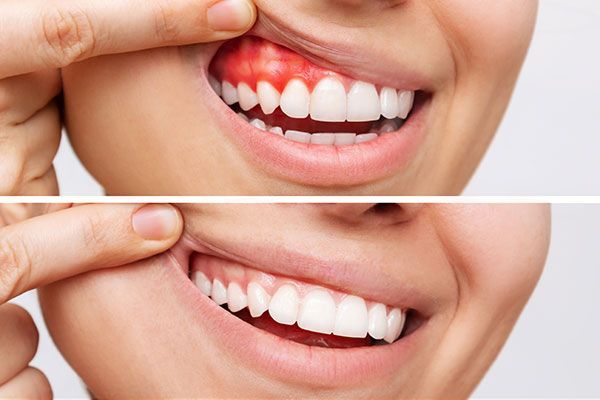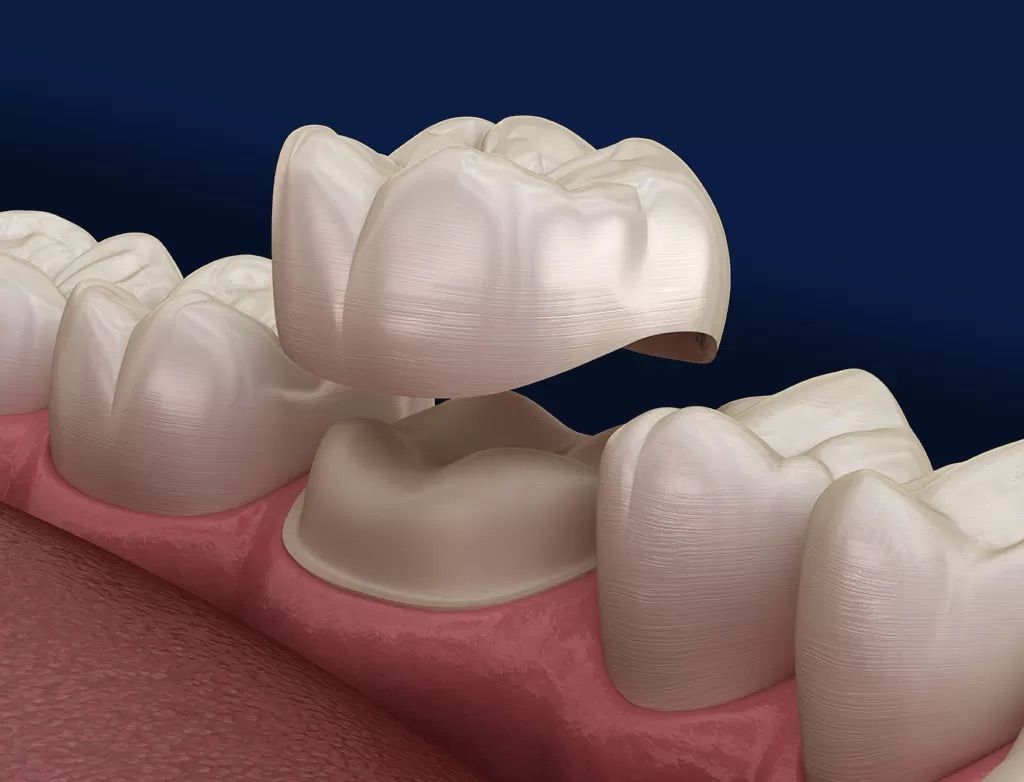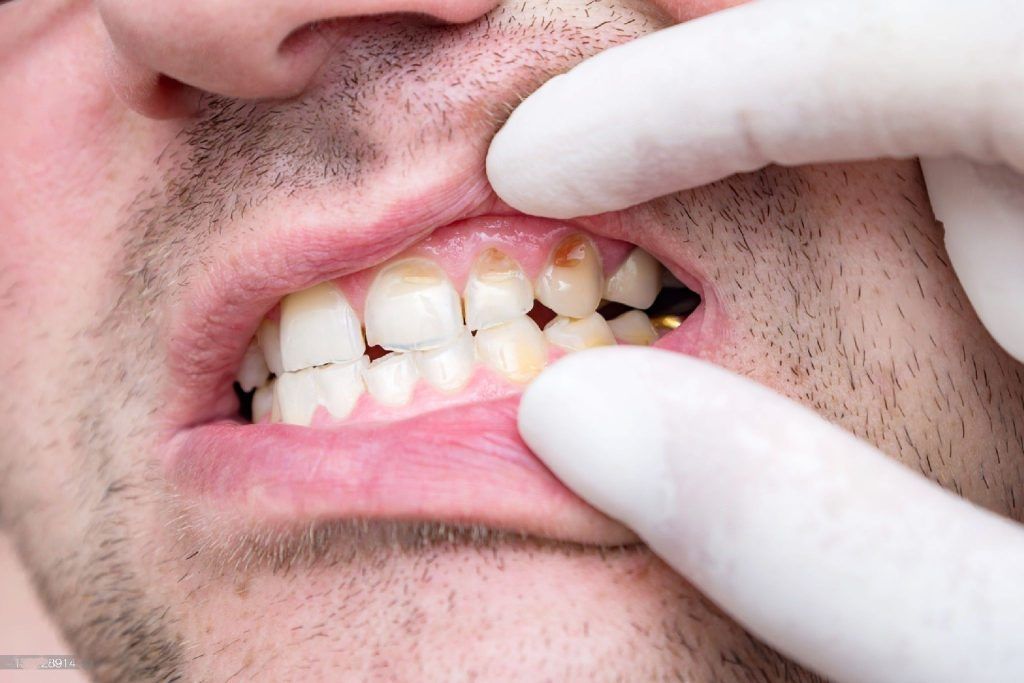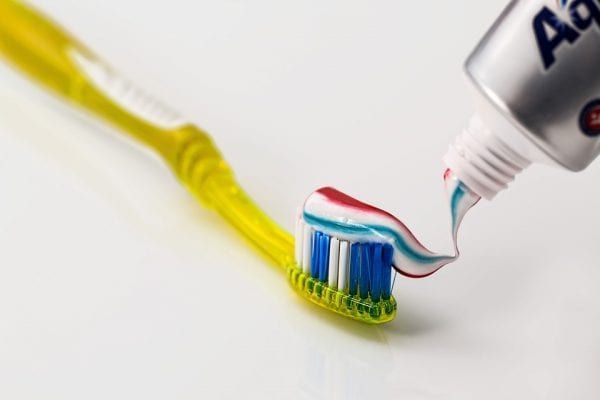Dental Bridge vs Implant: Choosing the Right Tooth Replacement Option
When looking to replace teeth or a single tooth, the most common option is weighing between a dental bridge vs implant; both are effective solutions. Deciding between a dental implant and a dental bridge includes considering your oral health, personal preferences, and budget. In this article, we will explore the key differences between dental bridges and dental implants, helping you decide on your best tooth replacement option.
Dental bridges
Dental bridges are prosthetic devices used to replace one or more missing teeth. A dental bridge spans the space of missing teeth. Artificial teeth, called pontics, fill this space. A dental bridge is attached to healthy teeth by dental crowns. Dental bridges require strong attachment points on either side of the missing tooth or teeth. These attachment points are either healthy teeth or dental implants. They provide a fixed solution that restores your smile's appearance and functionality.
Dental implants
Alternatively, dental implants are a more permanent and long-lasting tooth replacement option. A dental implant is a more invasive procedure requiring the surgical placement of a titanium post into the jawbone. This, though, is where the strength and permanency of a dental implant comes from. Once the dental implant fuses with the bone through osseointegration, an abutment post is placed above the gumline to anchor the artificial replacement tooth. This provides a natural-looking and durable tooth replacement.
Dental implants offer stability and function similar to natural teeth and help prevent bone loss in the jaw, which commonly occurs after tooth loss.
Pros and cons of dental implant vs bridge
When considering the advantages of each option, dental bridges offer a more cost-effective solution than dental implants. They require less time for treatment completion, as placing a bridge typically does not involve surgery or a lengthy healing period. Additionally, bridges can be suitable for individuals with certain medical conditions that may contraindicate surgery or have impaired healing ability.
However, dental implants offer several significant benefits, making them an appealing option for many patients. Since implants function like natural teeth, they provide a more comfortable and secure fit than bridges. Dental implants also preserve the jawbone's integrity by stimulating bone growth, which helps maintain facial structure and prevent further bone loss. Dental implants have a long life, potentially lasting a lifetime with routine care and good health.
Caring for a dental bridge vs implant
In terms of maintenance, dental bridges, and dental implants have different requirements. Dental bridges require regular oral hygiene practices, including brushing and flossing, to keep the supporting teeth and bridge clean. It is essential to clean under the bridge using special floss threaders or interdental brushes to prevent plaque buildup. Conversely, dental implants are managed like natural teeth. There is no space under the crown that requires special attention. Dental implants are cared for with regular brushing and flossing.
A dental bridge vs implant depends on your specific circumstances and preferences. Consulting with your dentist is crucial to evaluate your oral health, discuss your goals, and determine the most suitable option. A thorough examination will help determine whether your surrounding teeth are strong enough to support a bridge or if the jawbone is healthy enough for an implant.
Dental bridge vs dental implant Salem MA
Whether you require a dental bridge or a dental implant, we can help transform your smile and regain your confidence. Both dental bridges and dental implants offer effective solutions for tooth replacement, but they differ in durability, maintenance, and long-term benefits. At our Salem MA, dental practice, we are dedicated to providing exceptional dental care, including dental bridges and implants. Schedule a consultation with us and explore your best tooth replacement options.
Contact Us!
Office Hours:
Monday: 8am - 5pm
Tuesday: 8am - 5pm
Wednesday: 8am - 4pm
Thursday: 8am - 5pm
Friday: Closed
Saturday: Closed
Sunday: Closed
Request an Appointment
Contact Us
We will get back to you as soon as possible.
Please try again later.










